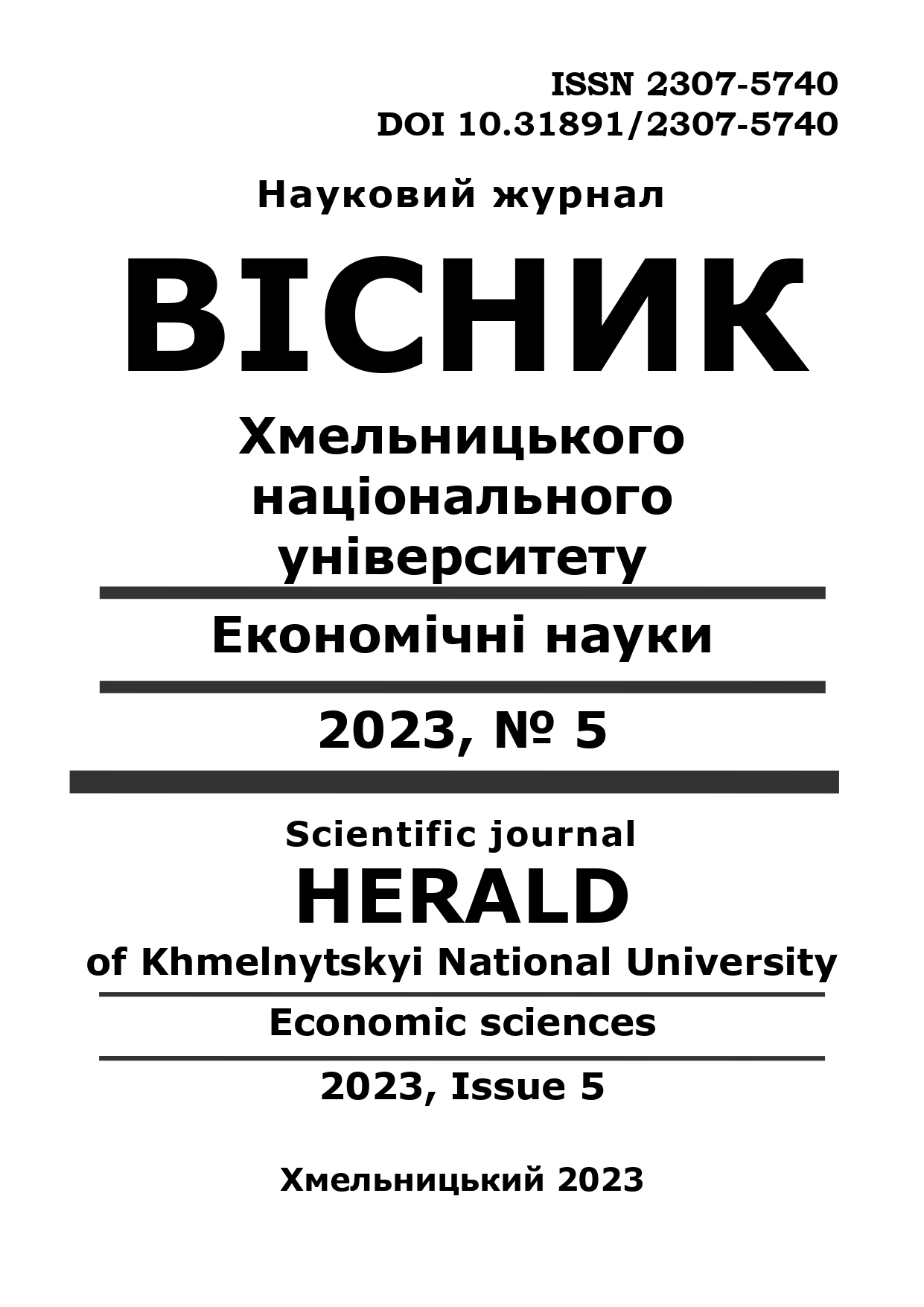MANAGEMENT OF THE DEVELOPMENT OF ENTERPRISES IN THE CONDITIONS OF VARIOUS SOCIAL, NATIONAL, AND CULTURAL VALUES IN A GLOBALIZED SPACE
DOI:
https://doi.org/10.31891/2307-5740-2023-322-5-45Keywords:
inclusive economy, enterprise management, leadership, leadership styles, generational theory, cross-cultural management, national culture, competence groups, enterprise life cycle, generations, valuesAbstract
Modern processes of globalization have made corrections in the orientations and forms of socio-economic development. Economic growth is impossible in conditions of uneven development, and "inclusive development" implies an even distribution of economic benefits among all sections of the population. Ensuring inclusive development depends on many factors, one of which is the development of entrepreneurship and its participation in the socio-economic development of the region since business is the engine of economic growth and ensures stability and financial stability of territories.
The purpose of the publication is to study the essence of development management, define approaches, and consider the process of managing the development of enterprises in the conditions of the formation of an inclusive economy.
The article examines the issues of the functioning of the enterprise, its development, the process of managing the sustainable development of enterprises, and the conditions of globalization. The essence of the concepts "development," "enterprise," "management," and "ensuring the development of enterprises" is defined. The model for ensuring the development of the enterprise is substantiated. The essence of ensuring the sustainable development of the enterprise and the methods of managing the sustainable development of enterprises are defined. It has been proven that globalization has had an impact on the organizational structure and methods of managing the development of enterprises and has created new opportunities for enterprises to access new markets, customers, and resources and for managers need to develop new skills and strategies for management related to national and cultural characteristics. Cross-cultural management is characterized as helping to find an optimal approach to doing business; leadership affects group behavior, leadership styles, leader competencies, and leader skills. The theory of generations and its impact on effective organizational management has been assessed. The model of the life cycle of the enterprise is defined.
The modern economic space has actualized the need to determine the importance of tools and mechanisms for managing the development of enterprises and the development of an inclusive economy. Modern processes of globalization lead to new challenges and opportunities, among which are increased competition and the need to adapt to new market trends.


